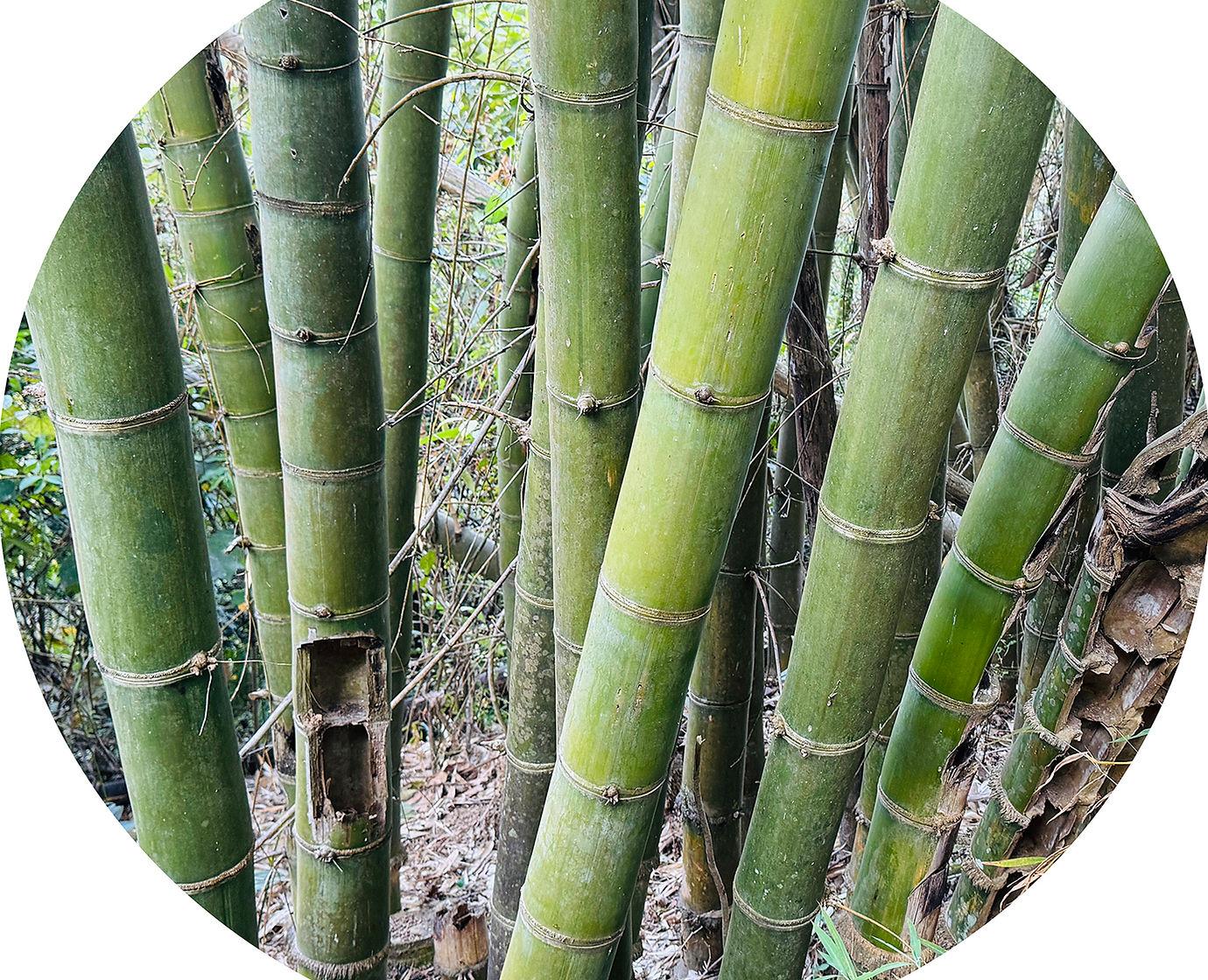Notifications

5 minutes, 21 seconds
-16 Views 0 Comments 0 Likes 0 Reviews

Bamboo has always been a sound choice. It's quick-growing, sustainable, and amazingly versatile—is used for everything from fences and furniture to buildings and even food shoots. But if you're considering planting bamboo from the ground up, the actual starting point isn't the ground or the equipment—it's selecting the best bamboo seeds.
And let's be real, not all seeds are equal.
Why Grow Bamboo from Seed?
You could purchase mature bamboo plants, right? Sure—but they're costly, particularly if you're covering a significant area. Whether you are planting for commercial use, landscaping, or simply to establish a green, secluded area, purchasing live plants becomes costly in a hurry.
That's where bamboo seeds for planting really come into their own. You receive more plants at a lower cost. And the seeds adjust to your soil and surrounding environment from the beginning. That equals healthier, more vigorous growth in the long run.
What Makes a Bamboo Seed "The Best"?
Let's cut to the chase—some seed offerings out there aren't even worth your time. Stale stock, poor germination, or simply misnamed varieties can make for a disappointing season. The top bamboo seeds for plantation need to be fresh, well-stored, and from a source that understands the difference between an average runner and a specialty clumping variety.
You'll also want to pair the seed type with your purpose. Are you putting in a speedy privacy screen? A decorative border? A source of wood? Various varieties thrive better for various purposes, so a little research up front is worth a lot down the line.
Plantation Tips for Success
Once you’ve got the right seeds, the next process is about germination—and that’s where patience comes in. Bamboo seeds don’t all sprout at the same time. Some might pop within a week, others could take a few. It’s normal. Just keep your soil moist (not soggy), use a well-draining mix, and give them some warmth and indirect light.
Soak the bamboo seeds for 24 hours before planting them. That little trick will wake them up. And after they begin to sprout, don't rush to transplant. Wait for the roots to establish themselves before moving them outside.
And also—location counts. Most bamboo thrives in sunlight, but excessive direct sunlight at first can stress out seedlings. Provide them with protection in the first instance and then harden them off as they grow stronger.
Planting on a Large Scale
When you're considering a serious bamboo plantation, uniformity is key. Even growth translates into simpler maintenance and increased harvest in the long term. That's why it's so critical to begin with good seeds. It's not so much about making them germinate as it is about making them grow well as a group, in the long term.
Spacing is another large issue. Bamboo spreads—some varieties more than others—so space your rows accordingly. If you're looking for a dense forested effect, closer planting is acceptable. But if you're wanting to harvest poles in the future, allow each plant space to grow.
Final Thoughts
Bamboo's not only fashionable—it makes sense. Planting for aesthetic appeal, for screened-in hedges, or for commerce, planting from seed provides an authentic advantage. But as with any crop, it starts with the right foundation.
So go ahead and get the best bamboo seeds—fresh, compatible with your climate, and appropriate for your project. Done correctly, bamboo seeds for plantation can transform an empty lot into something resilient, lush, and really useful.
Because ultimately, planting bamboo isn't about being a space filler. It's about building something that grows quickly, lasts long, and returns a lot more than it consumes.

